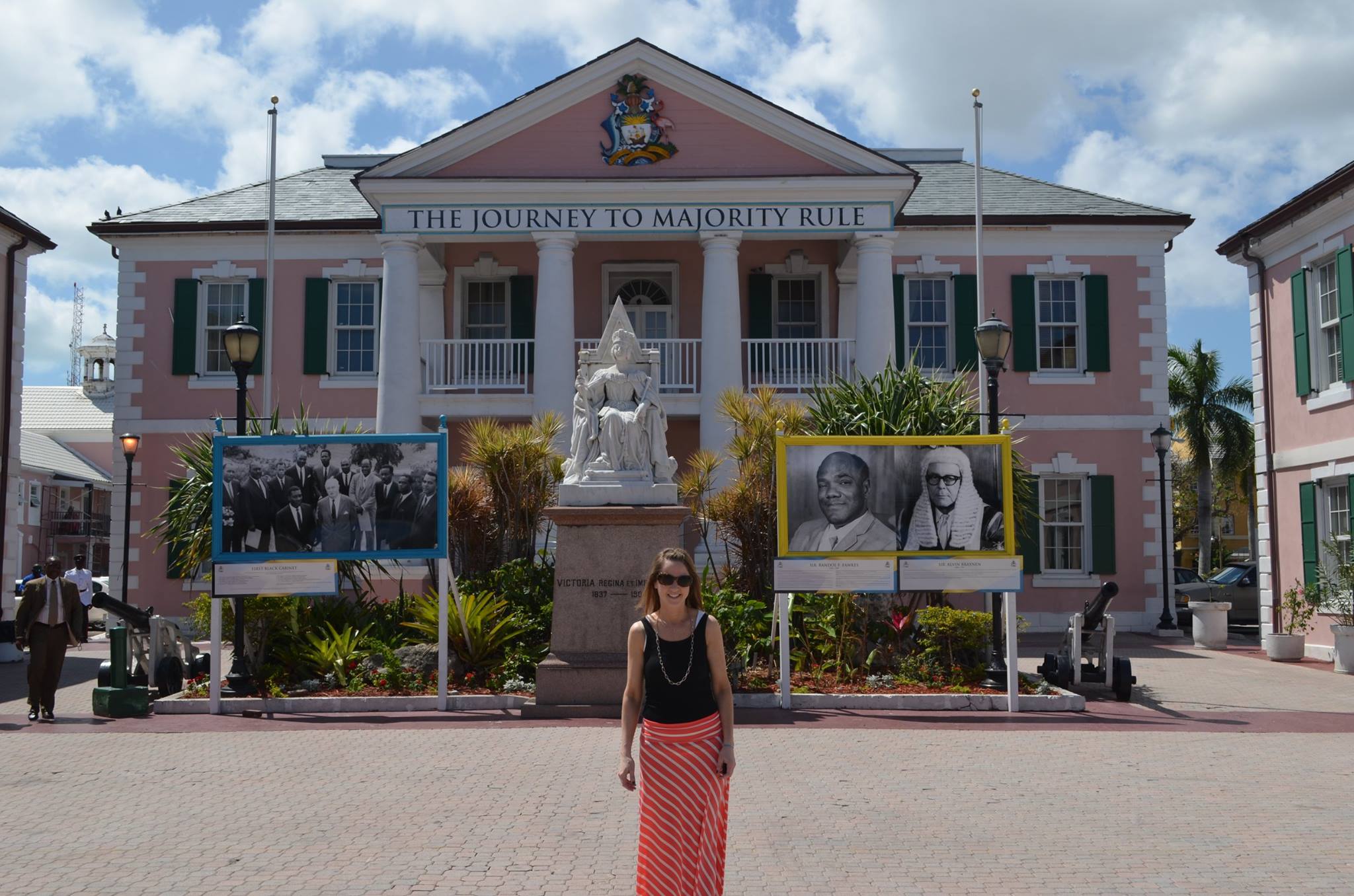
10 Apr Planning for the Unexpected: Proper Estate Planning Should Be on Your Itinerary
My husband and I recently traveled out of the country to the Bahamas for a much-needed spring break getaway. This trip was vastly different than any we’ve taken as it was the first time we have left our toddler-age daughter behind. In preparation for the trip, we did all the customary stuff – left contact information for the hotel we were staying, the number to her doctor’s office, her daily schedule, and what medications she takes and how much she may need. For the first time we also prepared a short-term guardianship designation so that my parents would be able to have her treated for any medical issues that would arise while we were gone and left them with the information of where to locate our estate plan in the event something happened to us while we were away. As we flew overseas, I couldn’t help but think about Malaysian Airlines Flight 370 and the passengers who were on board. Now that it appears the flight went missing over the Indian Ocean and will likely be found there, I can’t imagine the devastation that the families of those passengers are feeling, knowing that they will never see their loved ones again. It also reminded me of how fragile life is and that any one of us could have been those passengers, never imagining that something so unthinkable could happen. Until it does. The New York Daily News online had a feature that listed the passengers on board and a brief bio on each of them. As I read through their names and the details about their lives and families, I couldn’t help but wonder whether they left behind an estate plan to guide their family through the administration of their estates. Some may have felt they were too young to have a plan or were childless or not yet married and thus, may have believed it was not as important. What happened is a tragic example that regardless of anyone’s place or stage in life, an estate plan is never premature or unimportant. At a minimum, it will give a roadmap to a family’s loved ones as they go through estate administration at a time when they are likely still going through a long and painful grieving process. At a maximum, it can save the estate money in the form of legal fees, taxes, and court costs and can ensure that the assets are maximized and are distributed to the intended beneficiaries, that appropriate and favored guardians are designated for minor children, and that money is set up in trust for children that will ensure their care far into adulthood. As the search continues for answers, my hope is that regardless of what is (or is not) found, the families are able to find peace somehow. I hope that the rest of us can learn from this the importance of living each day to its fullest and having a well-thought out estate plan in place. by Jennifer Guimond-Quigley

